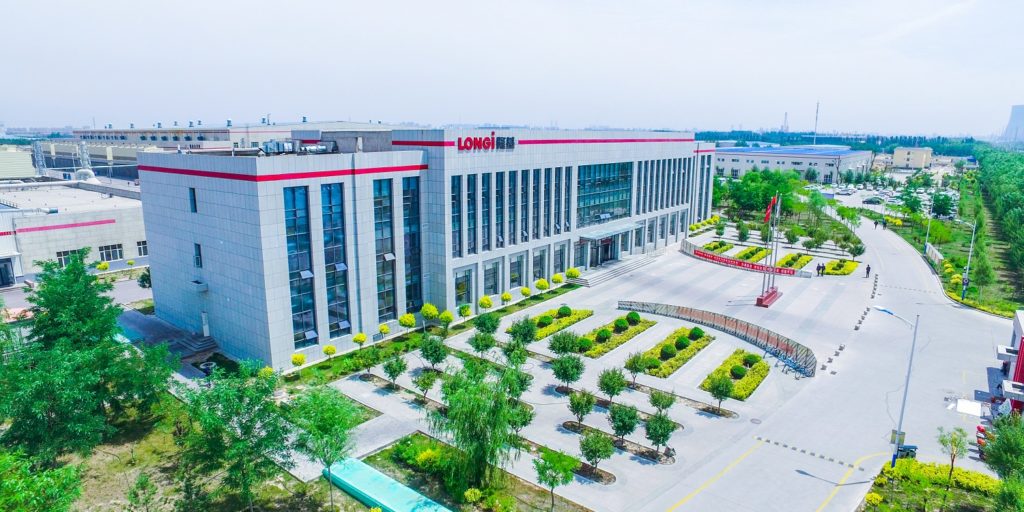In mid-November, South Korea-based solar manufacturer Hanwha Q-Cells had announced that the Chinese Patent Office's examination and invalidity department (CNIPA) had rejected nullity proceedings against two of its patents, related to high-efficiency silicon solar cells, filed by Chinese PV panel maker Longi. At the time, the Korean company claimed victory in the proceedings and said it was seeing a good chance of being successful in proceedings before the European Patent Office.
In a statement issued today, Longi has taken a stand against Hanwha Q Cells' claims. It explained that it filed its request to examine the validity of the Korean manufacturer's two patents at the CNIPA between July and August and that in November the CNIPA declared the two patents partially invalid. According to the Chinese manufacturer, however, the invalidation procedure in the CNIPA is an administrative examination procedure that only examines whether or not the authorized Chinese patent complies with patent law requirements. “Such a procedure is not a lawsuit and does not incorporate any judgment or decision on whether a patent has been infringed,” Longi stated. “In addition, the preliminary opinion of the European Patent Office, published on October 21, 2020, stated that claims on the patent in dispute do not fulfill several legal validity requirements.”
Longi did not explain the consequences of this preliminary decision and emphasized that there was no patent infringement litigation or lawsuit for patent infringement between Longi and Hanwha Q-Cells in China, adding that the technologies applied in its existing and future products are quite different to those of the patent in dispute. “However, Longi will continue to file an invalidation procedure against the remaining claims on the above patents, in order to prevent the potential initiation of unnecessary patent infringement lawsuits by Hanwha Q-Cells,” the Chinese company stated.
Hanwha Q-Cells sued Longi as well as Jinkosolar and REC last year in Germany, the USA and Australia for possible infringement of its patents. This was rejected in the USA. In the first instance, however, the judges at the Düsseldorf Regional Court decided in favor of Hanwha Q-Cells. However, appeal procedures are now ongoing. The South Korean module manufacturer, with German roots, recently announced that it wanted to expand the patent lawsuits against its competitors to other countries – including France and Spain.
Hanwha Q-Cells sued three competitors in March 2019 – Jinkosolar, REC Solar and Longi Solar itself – for patent infringement in Germany at the Düsseldorf Regional Court, for the European equivalent of one of the two patents now confirmed by the Chinese Patent Office (‘971, equivalent European patent EP 2 220 689).
The judges ruled in favor of Hanwha Q-Cells in the first instance in Germany, in June. In October 2020, Hanwha Q-Cells moved to enforce the decision against Jinko Solar, which it claims has failed to comply.
This content is protected by copyright and may not be reused. If you want to cooperate with us and would like to reuse some of our content, please contact: editors@pv-magazine.com.




By submitting this form you agree to pv magazine using your data for the purposes of publishing your comment.
Your personal data will only be disclosed or otherwise transmitted to third parties for the purposes of spam filtering or if this is necessary for technical maintenance of the website. Any other transfer to third parties will not take place unless this is justified on the basis of applicable data protection regulations or if pv magazine is legally obliged to do so.
You may revoke this consent at any time with effect for the future, in which case your personal data will be deleted immediately. Otherwise, your data will be deleted if pv magazine has processed your request or the purpose of data storage is fulfilled.
Further information on data privacy can be found in our Data Protection Policy.